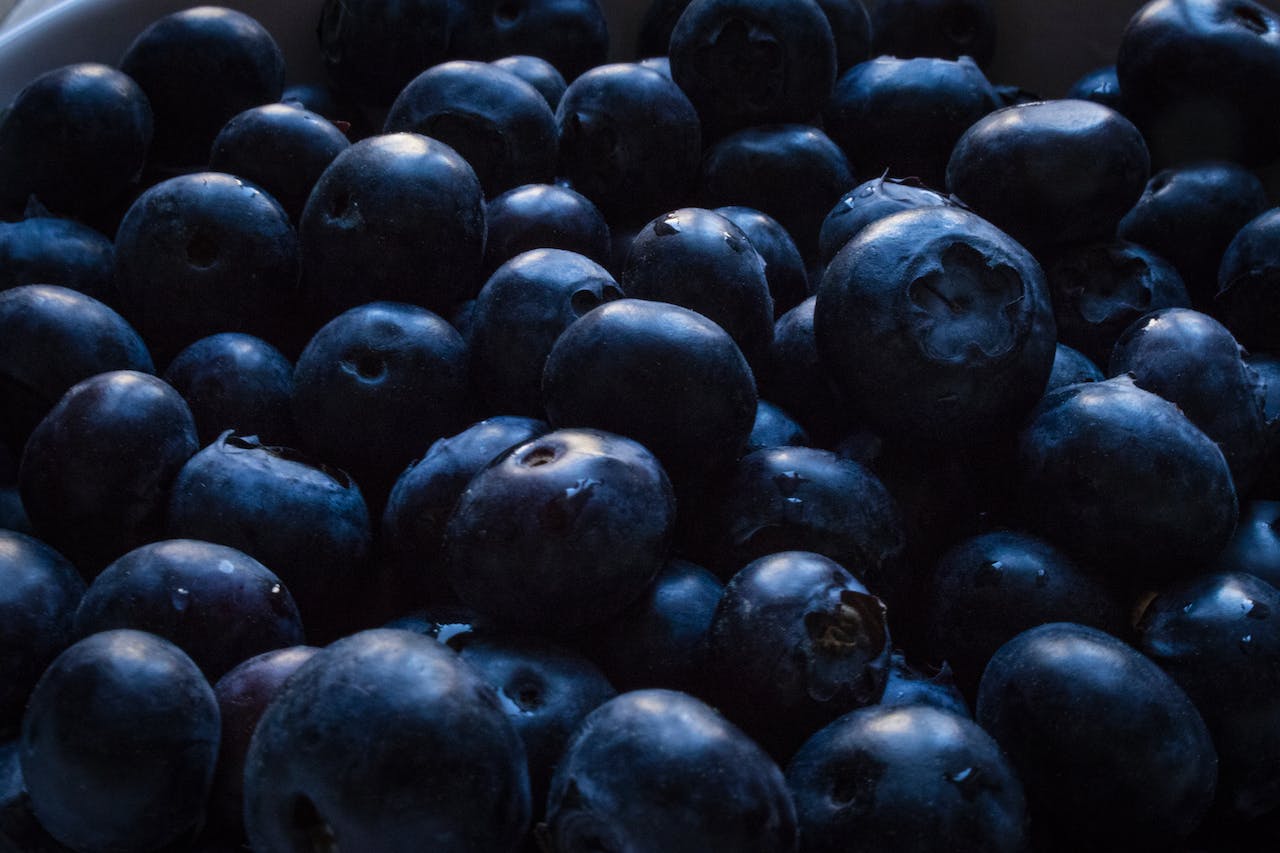Kidney disease, a condition affecting the delicate filtration system of the body, has spurred an interest in alternative therapies. Among these, herbal remedies have emerged as a subject of intrigue and exploration. In this in-depth exploration, we delve into the nuanced landscape of "Herbal Kidney Disease," scrutinizing various herbs, potential benefits, and the considerations that guide their use.
The Complex Tapestry of Kidney Function
Understanding the intricacies of kidney function is fundamental before delving into herbal interventions. The kidneys serve as the body's filtration system, eliminating waste, regulating electrolytes, and maintaining fluid balance. A disturbance in this delicate equilibrium can lead to kidney disease, a condition with far-reaching implications for overall health.
Herbs as Allies in Kidney Health
1. Chanca Piedra (Phyllanthus niruri)
Known as the "stone breaker," Chanca Piedra has been a staple in traditional medicine for kidney and gallstone concerns. Studies suggest its potential to prevent the formation of kidney stones and ease their passage. As with any herbal remedy, its use requires a nuanced understanding and a collaborative approach with healthcare providers.
2. Turmeric (Curcuma longa)
Turmeric, celebrated for its anti-inflammatory and antioxidant properties, has piqued interest in the realm of kidney health. Curcumin, its active compound, demonstrates potential in mitigating inflammation and oxidative stress in the kidneys. However, the absorption of curcumin is enhanced when taken with black pepper, and proper dosage considerations are paramount.
3. Astragalus (Astragalus membranaceus)
Astragalus, deeply rooted in traditional Chinese medicine, is renowned for its immune-boosting properties. Some studies suggest its potential in reducing proteinuria, a common marker of kidney disease. Nevertheless, caution must prevail, as excessive use may lead to interactions with medications and undesired side effects.
Navigating the Maze of Herbal Therapies: Considerations
1. Individualized Approaches
Each individual's response to herbal remedies is unique. Factors such as overall health, existing medical conditions, and concurrent medications necessitate a personalized approach. Consulting with healthcare professionals ensures a tailored strategy that aligns with individual needs.
2. Potential Interactions with Medications
Herbs, though natural, can interact with prescription medications. It is crucial to disclose all herbs and supplements to healthcare providers to prevent adverse reactions. The synergy between conventional medicine and herbal remedies can be harnessed effectively through transparent communication.
3. Quality and Source of Herbs
The efficacy of herbal remedies hinges on the quality and source of the herbs. Choosing reputable suppliers and ensuring the purity of herbal products is vital. Adulteration and contamination can compromise the safety and effectiveness of herbal interventions.
In Conclusion: The Harmonious Blend of Tradition and Science
As we traverse the expansive realm of "Herbal Kidney Disease," it is evident that the integration of traditional wisdom and scientific scrutiny holds promise. While herbal remedies offer a potential adjunct to conventional therapies, they are not a panacea. Collaborative efforts between individuals, healthcare providers, and researchers can unlock the synergistic potential of herbal interventions, paving the way for a holistic and informed approach to kidney health. As the journey unfolds, a nuanced understanding and an open dialogue between tradition and science will shape the landscape of kidney disease management.

